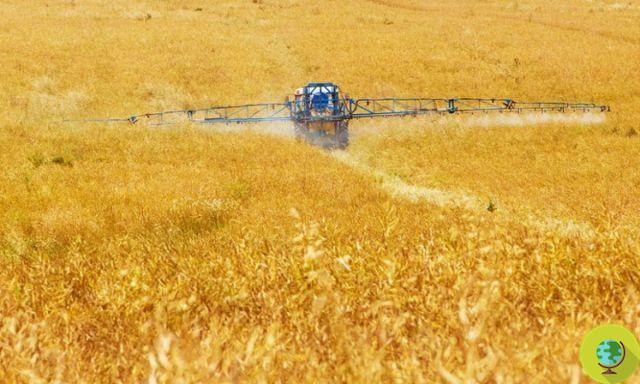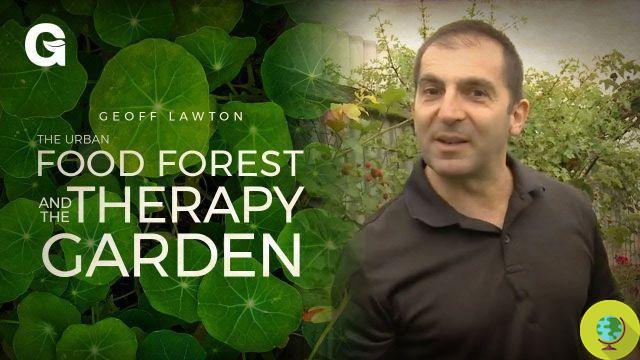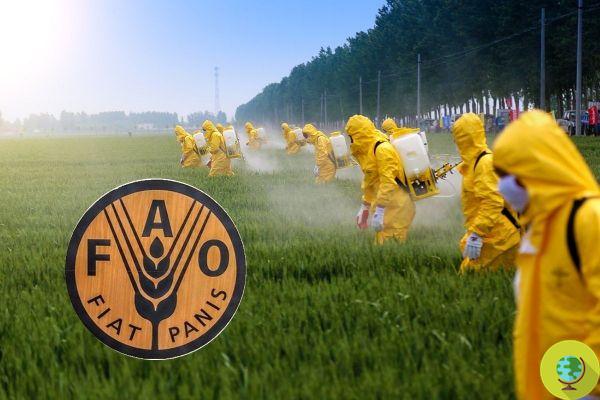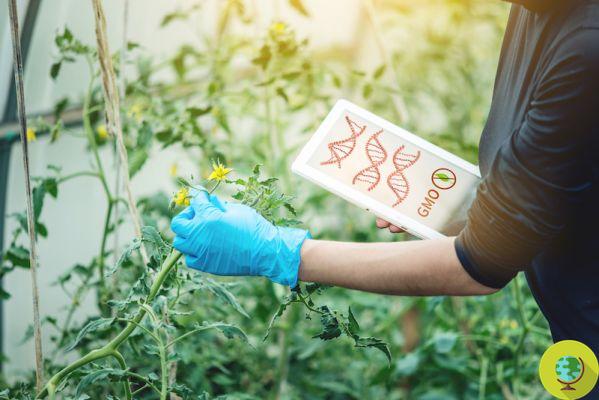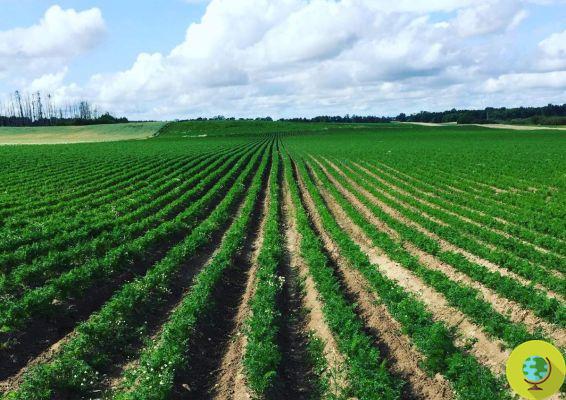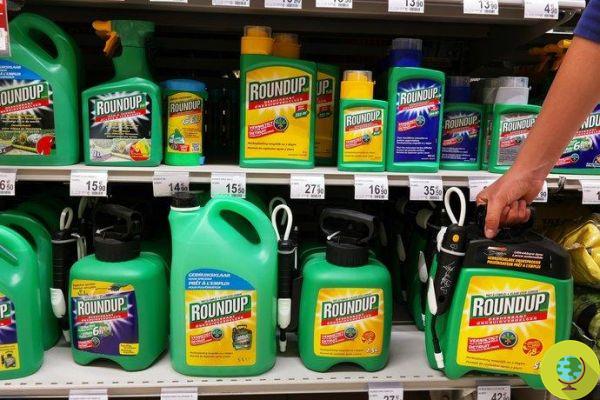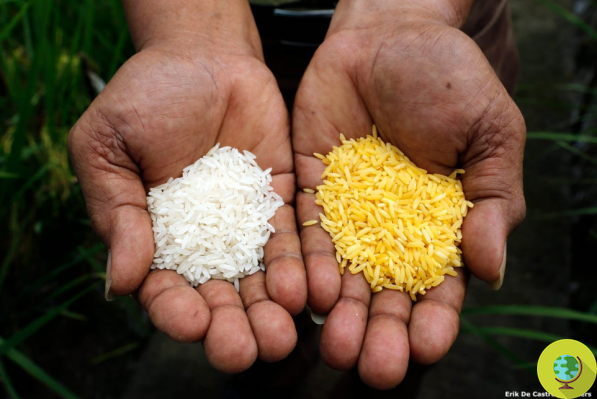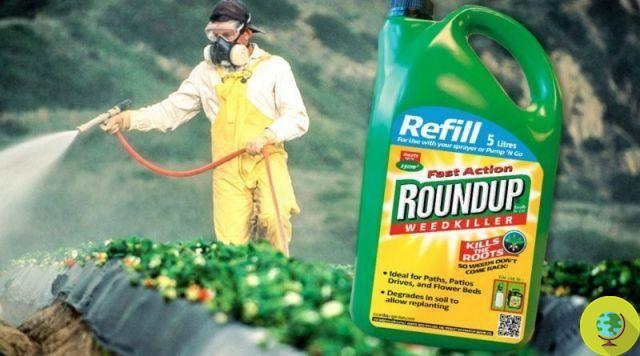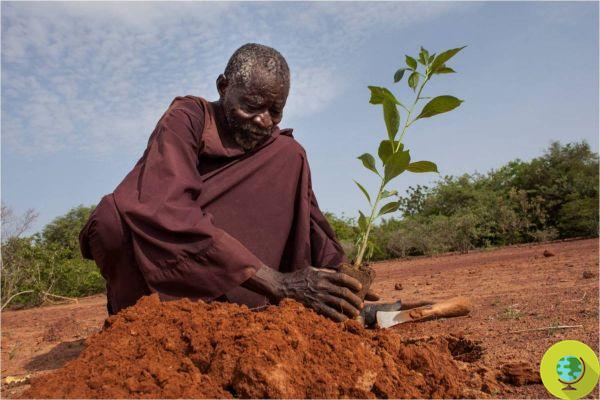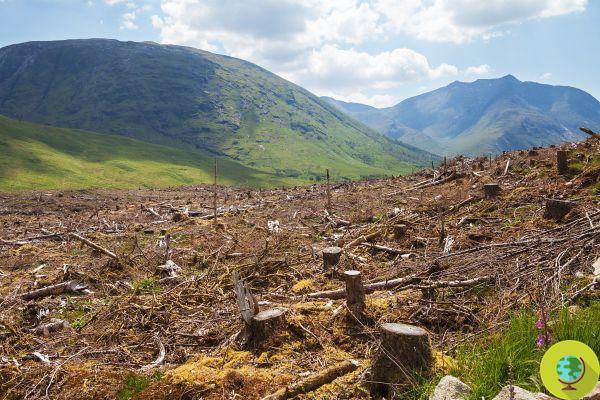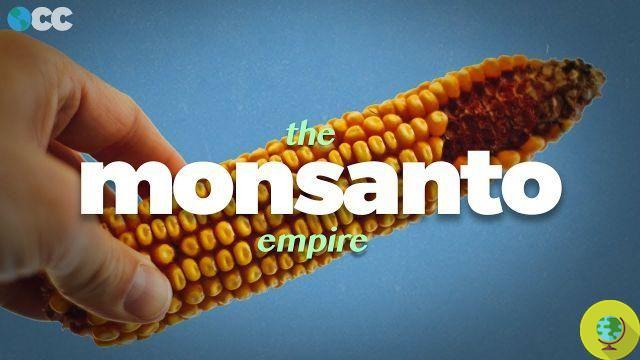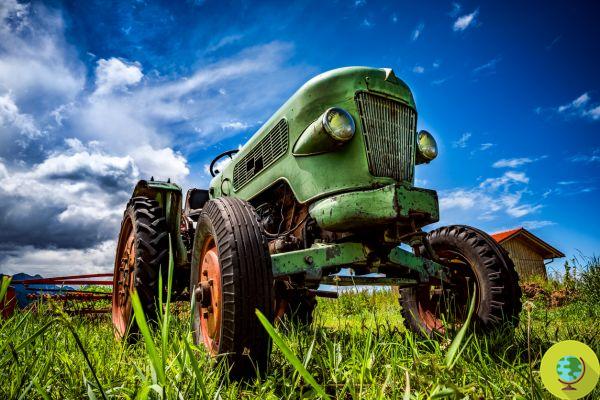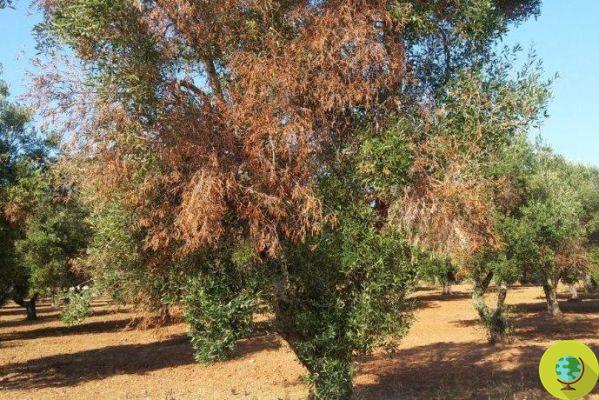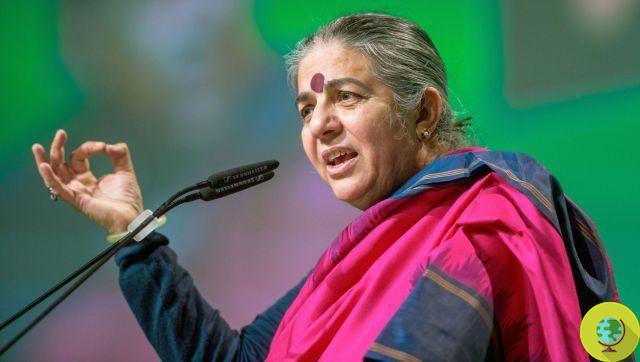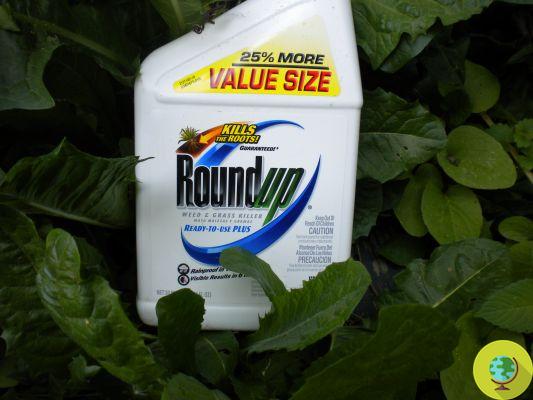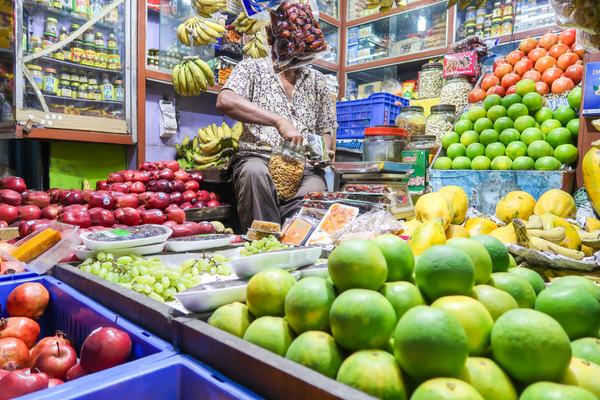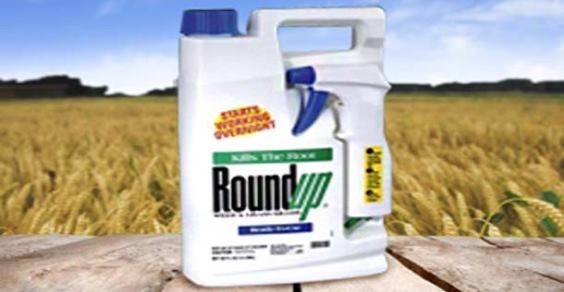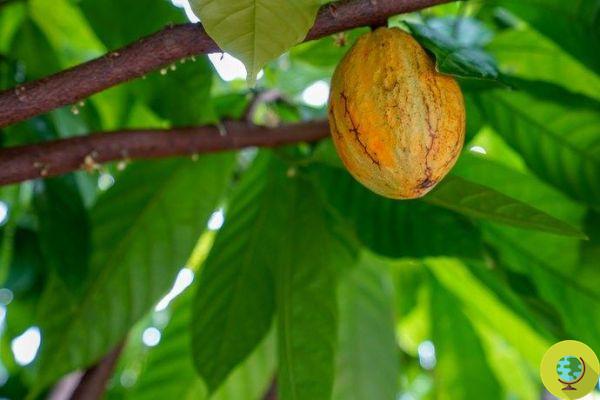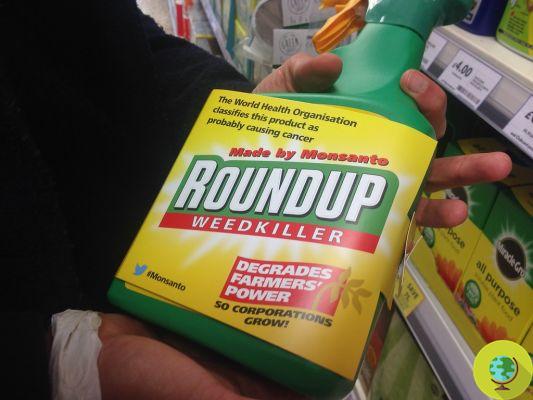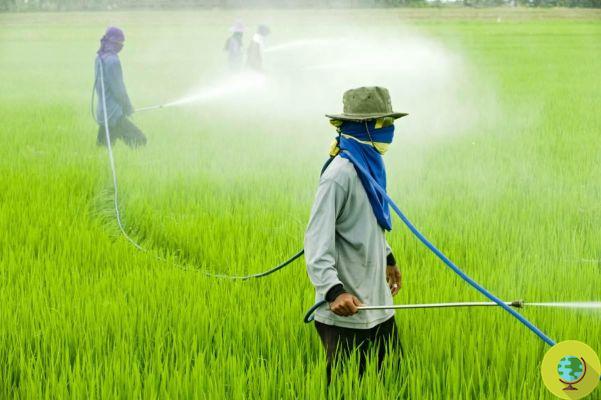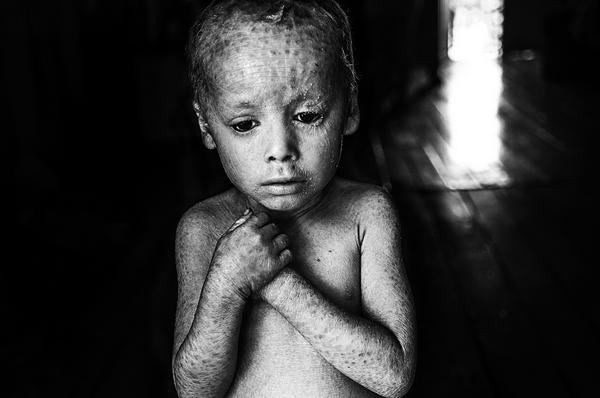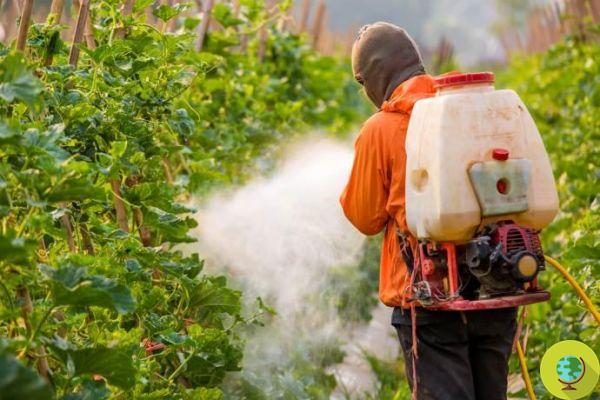Bayer and BASF are poisoning farmers in the southern hemisphere and threatening the environment by selling pesticides with highly toxic active ingredients.
He is about to end up run over, his mother saves him"Chemical" inequality. The injustices between the North and the South of the world also pass by pesticides
As denounced in the international investigation presented in the report Double Standards and Hazardous Pesticides from Bayer and BASF, published in the English version last April 22 thanks to the collaboration between Rosa-Luxemburg-Stiftung, INKOTA-netzwerk and PAN Germany, the two important German agrochemical companies Bayer e BASF have commercialized and, in some cases, developed a total of 33 extremely toxic or highly toxic active ingredients as active components of pesticides intended for agriculture in the so-called “Global South” (low- or middle-income countries).
The two global agrochemical giants Bayer and BASF continue to introduce dozens of active ingredients not yet approved or even banned by the European Union or in other parts of the world for health or environmental reasons.
The herbicide glufosinate manufactured by BASF, the insecticide spirodiclofen and the dangerous (beta-)cyfluthrin — both from Bayer — represent a real danger to the health of human beings who come into contact with these harmful chemicals. While agricultural workers risk poisoning, poisoning and poisoning of women are commonplace. api (and useful, non-parasitic entomofauna). In particular, bees are affected by the toxic active ingredients of neonicotinoid insecticides.
In the past, the active ingredients developed or marketed by Bayer amounted to 22, of which 7 of class 1 / A and 15 of class 1 / B according to the WHO classification. BASF has developed and / or placed on the market three WHO class 1 / B active ingredients would be highly dangerous; in addition, 4 other active ingredients from Bayer and the same number from BASF, which can cause long-term damage to human health, have been banned by the EU. However, these products have been and still are regularly sold by the two producers in some countries of the global South.
Now that those original patents have expired, some of the 33 active ingredients manufactured by Bayer and BASF are being manufactured and sold by other agrochemical companies, for example in China.
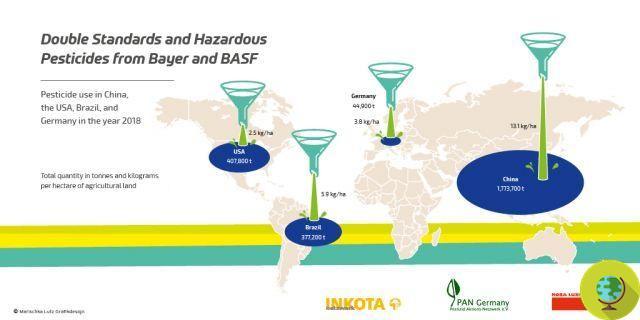
@ Rosa-Luxemburg-Stiftung / Twitter
The three case studies
For example, farmers and agricultural workers operating in the countries examined in the report - South Africa, Brazil, Mexico - are exposed to serious health risks associated with the use of these pesticides, whose active ingredients, in some cases, can be lethal. even in small doses. Some active ingredients are estimated to be carcinogenic, mutagenic or toxic for reproduction (CMR is the English acronym for Carcinogenic, Mutagenic, Reprotoxic). These are substances that are very likely to cause cancer, damage genetic material and cause infertility or damage to the fetus during pregnancy.
In South AfricaBayer's Tempo® SC insecticide is used on a large scale in wineries in the Western Cape. Contains the highly dangerous active ingredient (beta-)cyfluthrin, which turns out to be lethal even in small doses. Agricultural workers employed in vineyards are exposed to these highly dangerous pesticides, which are regularly sprayed and applied to the fields.
In Brazil Bayer does business for millions of dollars. In Brazilian cotton, potato, soy and corn crops, pesticides are widely used. Brazil is the largest user of pesticides in the world; of these, more than a dozen are considered highly dangerous, but the permissive legislation of the South American country allows Europe's largest agrochemical multinationals to sell products that would be banned in the EU market.
In one specific case, Bayer developed the banned active substance in Brazil, but refrained from selling the final product formulated from it. Due to the total lack of transparency, the trade in these illegal substances is not easily traceable; consequently, it is possible to identify (and possibly report) only isolated cases. If other agrochemical companies convert the active ingredients into pesticides, it is generally no longer possible to identify which company actually developed and supplied the active ingredient listed on the finished product label.
Bayer has been active in the Mexican market since the 50s. In Mexico owns nine manufacturing facilities, including those of Monsanto. Bayer's headquarters are located in Mexico City. According to what was reported on Bayer's official website, the company would never have started the production of synthetic pesticides in its plants in the country. Bayer, however, offers 22 products pesticides in Mexico, containing a total of 27 different active ingredients, 3 of which are banned in the EU. These include the carcinogenic insecticide spirodiclofen (category Ue 1B) and the active ingredients (beta-) cyfluthrin (highly dangerous, WHO class 1B) and glufosinate (toxic for reproduction according to EU category 1B).
Bayer sells the Envidor product in Mexico, an acaricide and insecticide that contains the active ingredient spirodiclofen, to be used in fruit and vegetable crops to eliminate mites and whiteflies. The glufosinate herbicide, for which BASF obtained marketing rights under a Bayer-Monsanto agreement, continues to be offered by Bayer in Mexico via the Finale® - BASF herbicide. Finally, Bayer's Muralla Max product, which contains the active ingredient (beta-) cyfluthrin, is used as a spray to kill adult larvae and insects present on horticultural crops and in rice, cotton and cereal plantations.
False promises and possible solutions
Although Bayer expressed its intention in 2013 to stop the sale of extremely or highly dangerous active ingredients, at the beginning of 2021 the portfolio of the industrial group still includes pesticides that contain the active ingredients (beta-) cyfluthrin and methiocarb. The same goes for products containing the active ingredient carbendazim.
The aforementioned report states that, in order to put an end to all this, it would be urgent to introduce a global ban - legally binding under international law - on the production, storage and export of these active ingredients dangerous for human health and for the 'environment. Germany and the EU are asked to promote such a legislative initiative. In addition, higher standards of transparency should be ensured with regard to international trade in pesticide active ingredients.
Finally, in the near future, it would be desirable to provide detailed information on the origin, quantity and destination of pesticide products and active ingredients that are exported by large companies in the sector.
Sources: PAN Germany / podcast-Luxemburg-Stiftung / Unearthed
Read also:
Pfas are also present in pesticides, and no one knows why. The alarm of the scientists
Pesticides are increasingly toxic and are killing bees, we need to save them NOW
Insect apocalypse in the US caused by a 50-fold increase in toxic pesticides
Bayer-Monsanto finally convicted of poisoning a farmer with Lasso herbicide




